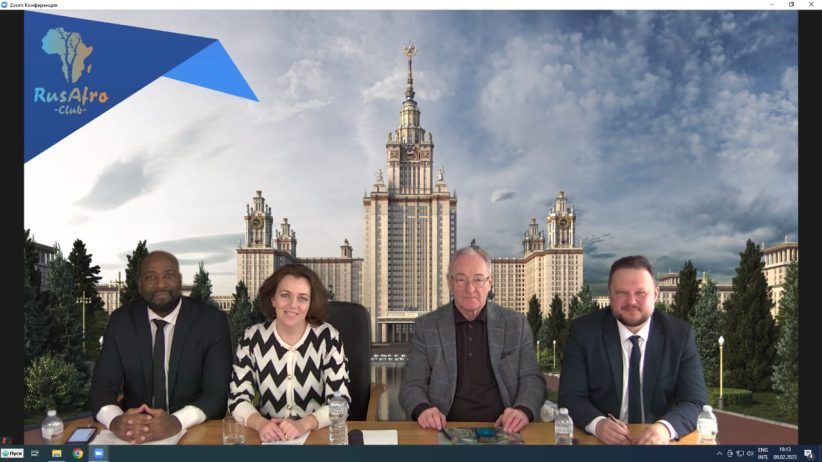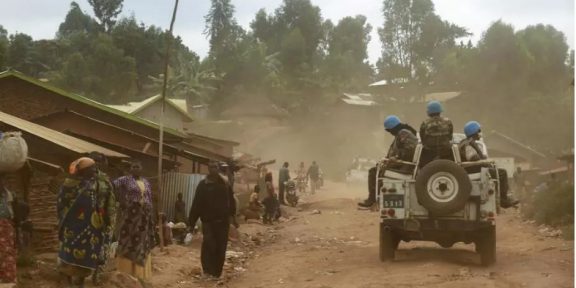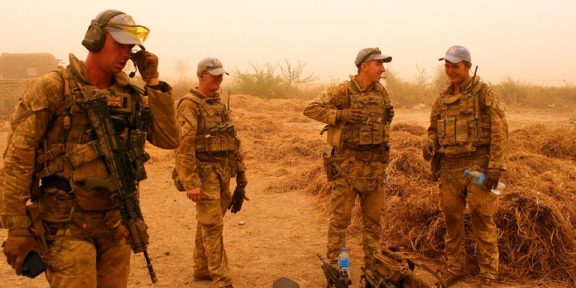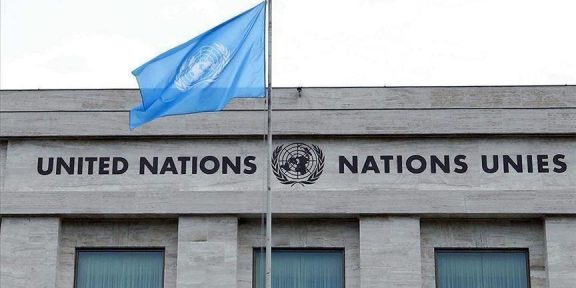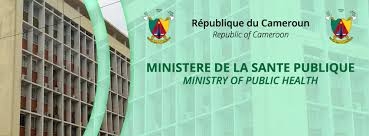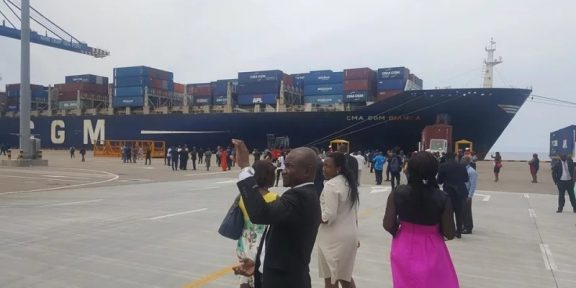In late January and early February 2023, the Department of Global Studies at Lomonosov Moscow State University held two roundtable discussions on journalism and media in Africa and Russia.
The events were organized with the support of the Secretariat of the “Russia-Africa Partnership Forum”, the Department of Global Studies, the Faculty of Journalism of Lomonosov Moscow State University, the Public Diplomacy Fund, the Commission for Public Security and Public Diplomacy of the Council on Nationalities under the Moscow Government, as well as the African Diasporas in Russia.
The discussions participants noted a positive shift in the media coverage in Russia and Africa, as well as an increased interest of Russian and African audiences in materials about the life, traditions, political structure, tourism, scientific, cultural and sports achievements of Africa and Russia. Experts from different countries shared the African and Russian experience of the public and private support for the print press, cinema, TV broadcasting, and Internet media.
The Ambassadors of South Africa and Sudan, as well as representatives of many embassies of African countries, addressed the Russian-African Club meetings. They all highlighted the importance of such events in strengthening Russian-African relations. The diplomats expressed their hope that the presence of Russian media on the African continent would only increase.
Vasily Pushkov, Director of the International Cooperation Directorate of Russia Today Media Group, stressed in his report that over the past two years there has been a noticeable expansion of the RT channel’s broadcasting to African countries in several languages. He spoke about unlocking of new opportunities, in particular the upcoming opening of a new editorial center in Addis Ababa.
Alexei Krasilnikov and Tatyana Ladyaeva, observers of Radio Sputnik, Russia Today, shared their plans for the coming years to make Africa a priority information destination, increasing broadcasting in different languages, and building up the audience.
Irina Mandrykina, Head of TASS Social and International Projects, presented their research “Dynamics of African issues coverage on TASS resources: main topics in 2022”, which confirms the positive dynamics of the Russian media information activities.
Luis Gouend from Cameroon expressed the opinion that the task of both Russian and African media is to ensure a deeper coverage of the countries’ life from the inside, show the beauty and diversity of cultures and traditions of peoples.
According to E. V. Abov, Member of the Supervisory Board of the World Association of Newspapers and News Publishers (WAN-IFRA), the main role in supporting the media and establishing cooperation should be played by state-owned media, since they enjoy advantages in state funding, as well as they have experience and mechanisms for successful operation.
Banda Kani from Cameroon, a representative of Pan-African Television Africa-Media and founder of Pan-African Debates, told about cooperation with the country’s political authorities and about the compromise that must be sought for between objective reporting and the public opinion formation in coherence with the political course of the leadership. His colleague and compatriot Mohammad Bashir Ladan shared his opinion that the media cooperation movement must be bidirectional. There is a need to provide each other with content and opportunities for colleagues and experts from other countries to express their views.
SputnikNews International journalist Tabiso Lehoko from South Africa, multimedia journalist Malimo Wilson from Tanzania, Aliou Tounkara, Member of Mali’s National Parliament, and his compatriot, opinion leader Issa Diawara, as well as other participants pointed out the increased interest of the African population in Russia. Russian media should make the most of this opportunity by building up the objective and positive Russian content.
The founder, owner and CEO of several news companies in Africa, Daraa Sunny Ibrahim from Ghana, stressed, “The days when we were only listening to Western media are over. Now Russia can accomplish so much. For many decades, Russia has been training thousands of African specialists in various fields – doctors, engineers, etc. It is necessary to strengthen Russia’s informational influence in Africa.
Anna Lisina, Editor-in-Chief of the TV BRICS website, invited the national media in Africa to a multi-format exchange of content for the international cooperation between the BRICS and African states.
Colleagues from Algeria – Mohamed Kursi, Director General of the daily El Moubjahid, and Salim Aggar, Director General of the Algerian international channel AL24news, also emphasized the importance of mutual exchange with communication platforms, experience and information.
Publications Director at Le Panafricain Abdu Karim from Senegal believes that Russian media are now becoming increasingly famous in African countries. We need to maintain this momentum and deepen our partnerships not only with major African media, but also with pan-African media holdings.
Igor Sid, Co-founder and Editor-in-Chief of Africana.ru portal and Head of the Travel Institute Congress-Expedition Center, noted that despite significant differences between Africa and Russia, they share common challenges. For an objective reflection of information, according to the expert, it is necessary to involve Afro-bloggers from among those Russians living in Africa, as they can provide an in-depth analysis of the situation in African countries.
Escamilla Vega L.L., Head of the Soviet Peace Foundation’s Department of Museum, Exhibition and Educational Activities, told about the programs of the African Universe in Moscow, about the joint efforts of journalists, publicists, scientists, teachers in matters of cooperation with Africa, which possesses the golden fund of world culture.
Dr. Maurice Okoli, Head of the Nigerian community in Russia, called for using the USSR strategy to strengthen Russia’s positions in Africa, stressing that funding and journalistic training are essential to achieve success.
Other speakers stressed the importance of professional training as well. In particular, Yves Ecuet Amaizo from Togo, Director of the Afrocentricity Think Tank, noted the need to increase the number of media professionals due to the increasing role of information and communication in the new multipolar world order.
Many speakers agreed on the need to set up a joint Russian-African information platform to exchange views and information, cover events and build mutual interest and public opinion between Russian and African citizens. This idea was expressed by the Publications Director of Le Panafricain magazine Abdu Karim Diakhaté, President of the Center for Development Research and Extremism Prevention, Professor Ahmad Yacoub Dabia from Chad, journalist from Morocco Ouafaa Daoui and others.
As a result of the round tables of the Russian-African Club of Lomonosov Moscow State University it was decided to continue exchanging views and conducting in-depth analytical work in bringing together journalists and mass media in Africa and Russia. The Russian-African Club is planning to hold an International Forum of Russian and African Journalists in the near future.

